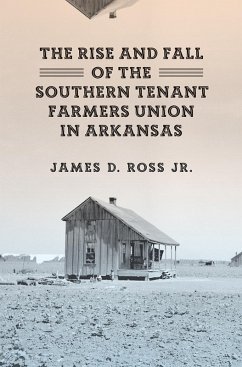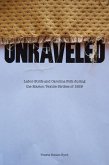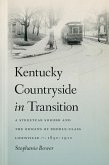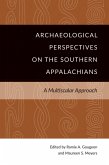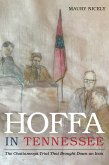Founded in eastern Arkansas during the Great Depression, the Southern Tenant Farmers Union (STFU) has long fascinated historians, who have emphasized its biracial membership and the socialist convictions of its leaders, while attributing its demise to external factors, such as the mechanization of agriculture, the repression of wealthy planters, and the indifference of New Dealers. However, as James Ross notes in this compelling revisionist history, such accounts have largely ignored the perspective of the actual sharecroppers and other tenant farmers who made up the union's rank and file.
Drawing on a rich trove of letters that STFU members wrote to union leaders, government officials, and others, Ross shows that internal divisions were just as significant-if not more so-as outside causes in the union's ultimate failure. Most important, the STFU's fatal flaw was the yawning gap between the worldviews of its leadership and those of its members. Ross describes how, early on, STFU secretary H. L. Mitchell promoted the union as one involving many voices-sometimes in harmony, sometimes in discord-but later pushed a more simplified narrative of a few people doing most of the union's work. Struck by this significant change, Ross explores what the actual goals of the rank and file were and what union membership meant to them. "While the white leaders may have expressed a commitment to racial justice, white members often did not," he writes. "While the union's socialist and communist leaders may have hoped for cooperative land ownership, the members often did not." Above all, the poor farmers who made up the membership wanted their immediate needs for food and shelter met, and they wanted to own their own land and thus determine their own futures. Moreover, while the leadership often took its inspiration from Marx, the membership's worldview was shaped by fundamentalist, Pentecostal Christianity.
In portraying such tensions and how they factored into the union's implosion, Ross not only offers a more nuanced view of the STFU, he also makes a powerful new contribution to our understanding of the Depression-era South. James D. Ross Jr. is an associate professor of history at the University of Arkansas at Little Rock. He is a specialist in the interaction of race, class, and religion in twentieth-century United States history.
Drawing on a rich trove of letters that STFU members wrote to union leaders, government officials, and others, Ross shows that internal divisions were just as significant-if not more so-as outside causes in the union's ultimate failure. Most important, the STFU's fatal flaw was the yawning gap between the worldviews of its leadership and those of its members. Ross describes how, early on, STFU secretary H. L. Mitchell promoted the union as one involving many voices-sometimes in harmony, sometimes in discord-but later pushed a more simplified narrative of a few people doing most of the union's work. Struck by this significant change, Ross explores what the actual goals of the rank and file were and what union membership meant to them. "While the white leaders may have expressed a commitment to racial justice, white members often did not," he writes. "While the union's socialist and communist leaders may have hoped for cooperative land ownership, the members often did not." Above all, the poor farmers who made up the membership wanted their immediate needs for food and shelter met, and they wanted to own their own land and thus determine their own futures. Moreover, while the leadership often took its inspiration from Marx, the membership's worldview was shaped by fundamentalist, Pentecostal Christianity.
In portraying such tensions and how they factored into the union's implosion, Ross not only offers a more nuanced view of the STFU, he also makes a powerful new contribution to our understanding of the Depression-era South. James D. Ross Jr. is an associate professor of history at the University of Arkansas at Little Rock. He is a specialist in the interaction of race, class, and religion in twentieth-century United States history.
Dieser Download kann aus rechtlichen Gründen nur mit Rechnungsadresse in A, D ausgeliefert werden.

